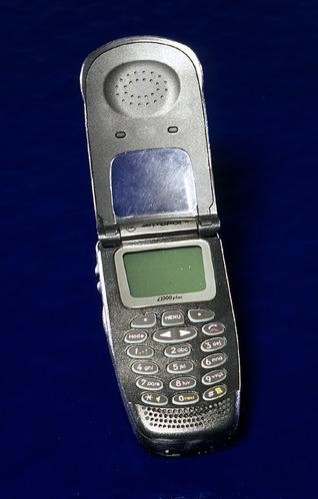NTSB Wants Nationwide Cell Phone Ban Behind The Wheel After Missouri Accident

The National Transportation Safety Board, or NTSB, on Tuesday called for a nationwide ban on cell phones and personal electronic devices behind the wheel, after a deadly accident in Gray Summit, Mo., last August.
NTSB wants the 50 states and the District of Columbia to ban the nonemergency use of portable electronic devices if they aren't designed for supporting the task of driving.
Chairwoman Deborah A.P. Hersman has said that NHTSA data shows that more than 3,000 people lost their lives last year in distraction-related accidents.
It is time for all of us to stand up for safety by turning off electronic devices when driving, Hersman said in a press release. No call, no text, no update, is worth a human life.
NTSB has said that a pickup truck ran into the back of a truck-tractor that slowed down in an active construction zone on Interstate 44 in Gray Summit, Mo. That pickup was then struck from behind by a school bus, which was hit by a second school.
That accident killed two people and injured 38 others.
The NTSB said its investigation showed that the pickup driver sent and received 11 text messages within the 11 minutes prior the accident, with last text coming just before the truck-tractor was struck.
The board also stated that its first investigation involved the distraction from a wireless electronic device that happened in 2002. In that incident, the new driver was distracted by a conversation on her cell phone and veered off the roadway in Largo, Maryland. The vehicle ended up crossing a median, which flipped the car and killed five people, the NTSB stated.
The board has also noted several other incidents where distract has caused injuries and inconveniences.
NTSB reported that in 2009, two airline pilots didn't engage in radio communication with air traffic control for more than an hour because they were distracted by their personal laptops.
They overflew their destination by more than 100 miles, only realizing their error when a flight attendant inquired about preparing for arrival, the release stated.
The data is clear; the time to act is now, Hersman said. How many more lives will be lost before we, as a society, change our attitudes about the deadliness of distractions?
The synopsis of the NTSB report notes the probable cause, findings and also offers a complete list of the safety recommendations.
© Copyright IBTimes 2025. All rights reserved.






















